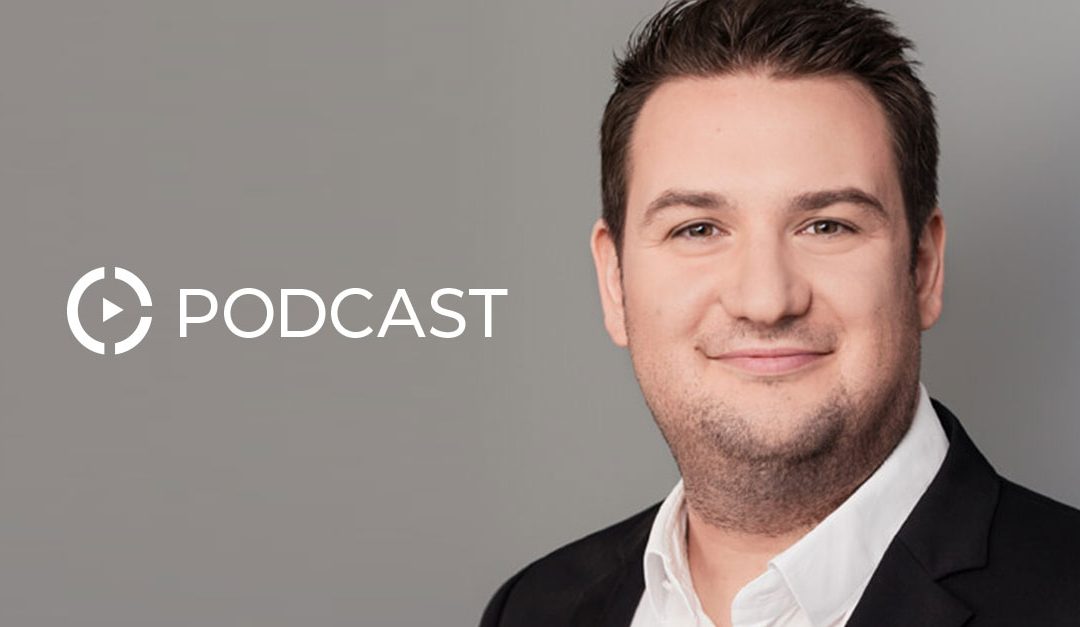“Relationships Are Not Built with Companies, They Are Built with People”
There are probably only a few marketing experts who start in the gaming sector, then sell beauty products and end up in the luxury fashion business. We had the chance to meet one of them: Mark Ralea. While he first worked on building up and destroying gaming communities, he then moved to the beauty box supplier Glossybox. There, as CMO, he was responsible for an entirely different target group, but in the end the same task definition. Whether it is about gamers or regarding a subscription model for beauty products, the special relationship to the community plays a decisive role. After his promotion to managing director and ultimately the sale of Glossybox, he now runs the traditional family business Stylebop, the largest online shop for designer fashion in Germany.
“Build a Good Relationship with the Customer Already in the First Step”
The biggest challenge for Mark Ralea at Glossybox was that strictly speaking, nobody needs a subscription for shower gel and make-up. But for this very reason, 80 to 90 percent of the expenses were invested in existing customers. The most difficult part is to bridge the first three months with an “emotional roadmap” in such a way that the customers enjoy the experience. Once you convince them to stay for more than three months, they will very likely be loyal and build up a personal relationship with the brand. In following this approach, Glossybox has found a way to reduce the churn rate from 25 to 17 percent as Mark explains.
“Luxury Fashion Is the Perfect Model to Create an Incredible CRM”
Connecting to your audience and trying to build a personal relationship with every single customer from the very first touchpoint on, is a crucial lesson he shares. He emphasizes that “relationships are not built with companies, they are built with people”. Even as a managing director, Mark takes the time to listen to customers, get their feedback and learn more about their satisfaction with specific shopping experiences. “CRM is not about making revenue, it’s about holding the customers and keeping them happy, so they feel that they are always treated with respect and how they expect to be treated.” Of course, a strict focus on customer centricity takes some time to be built consistently and successfully, but in the long run, it creates a clear competitive advantage.
In Mark’s eyes, customers are a tremendous source of insights to improve the company’s strategy and identify the unique selling points of your product or service. As a result, marketing and CRM campaigns can be personalized properly and reflect the areas that are most important to the audience.
